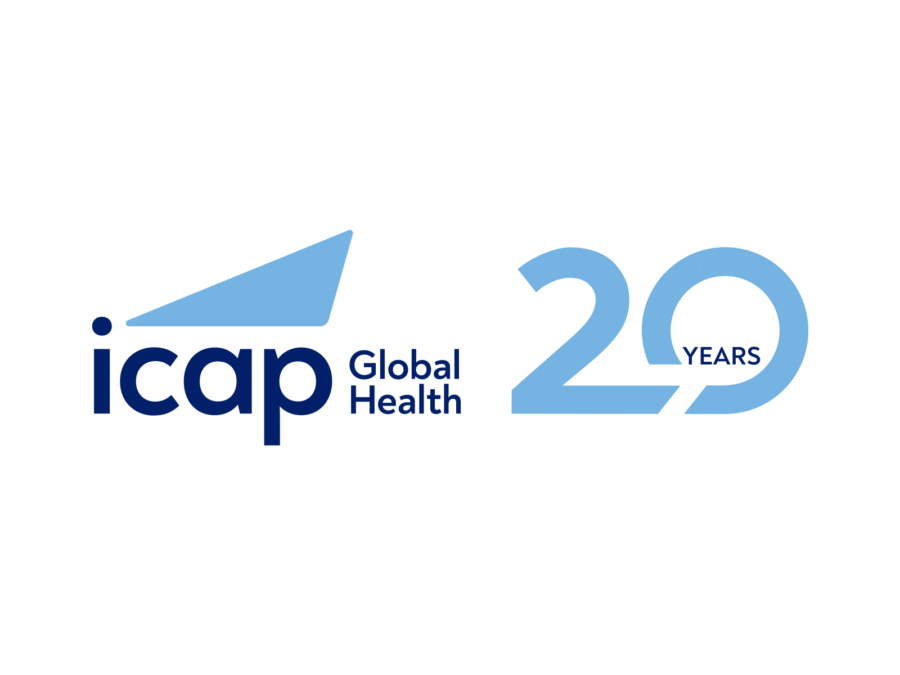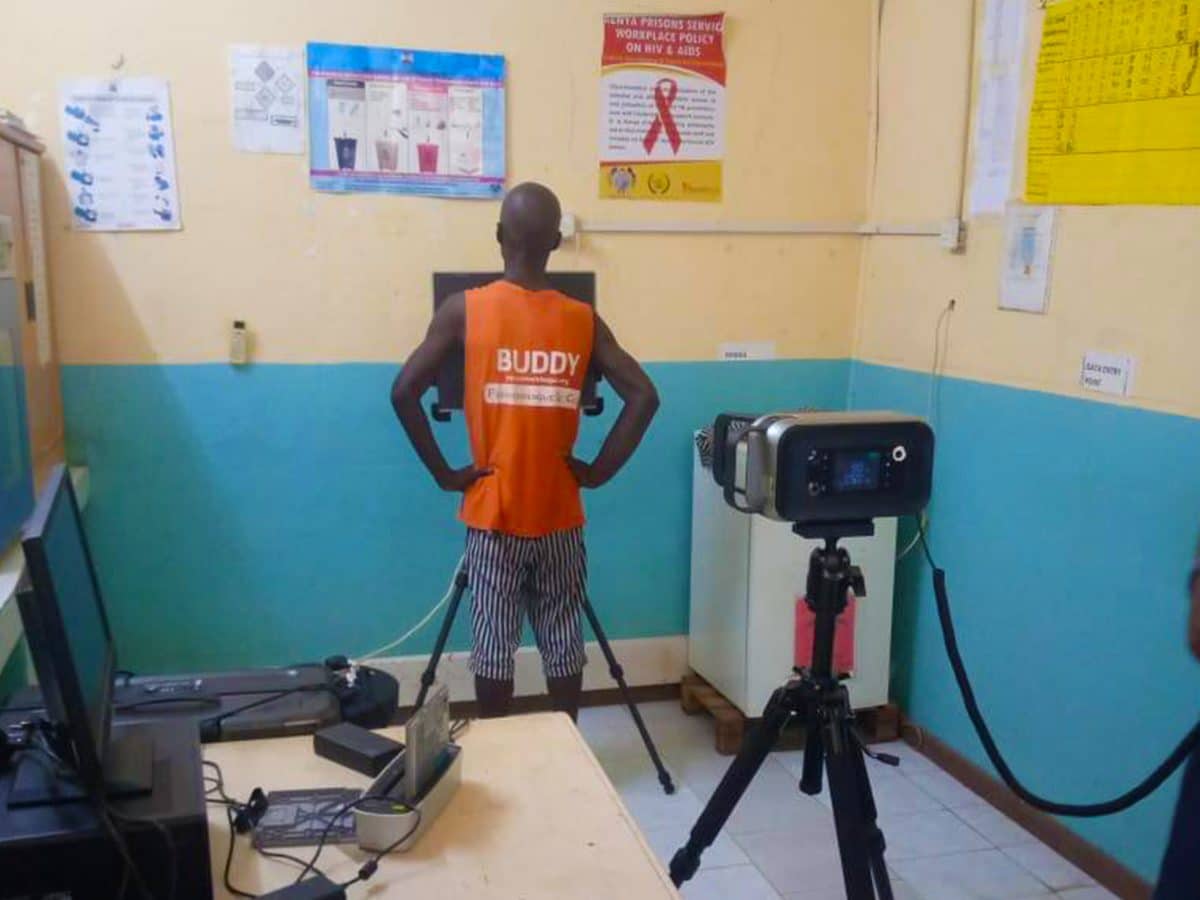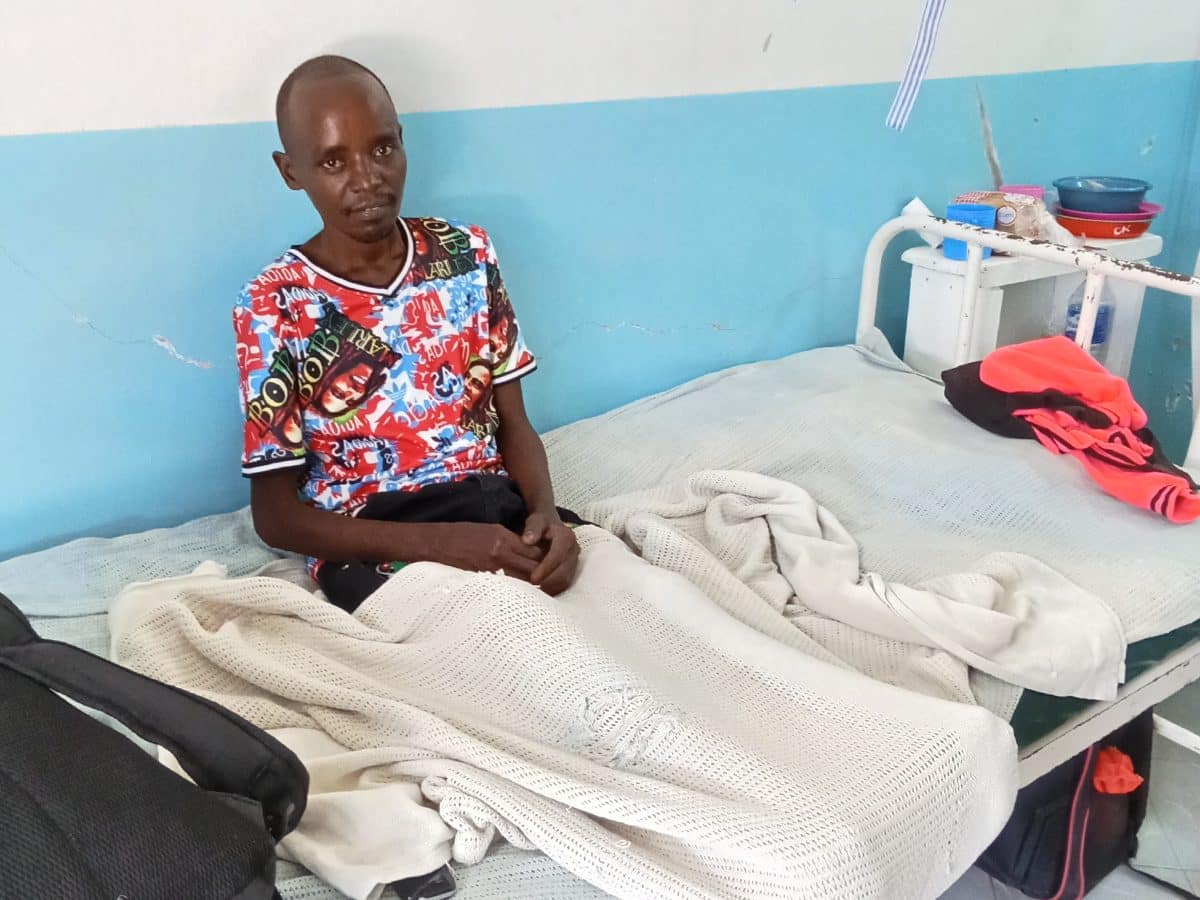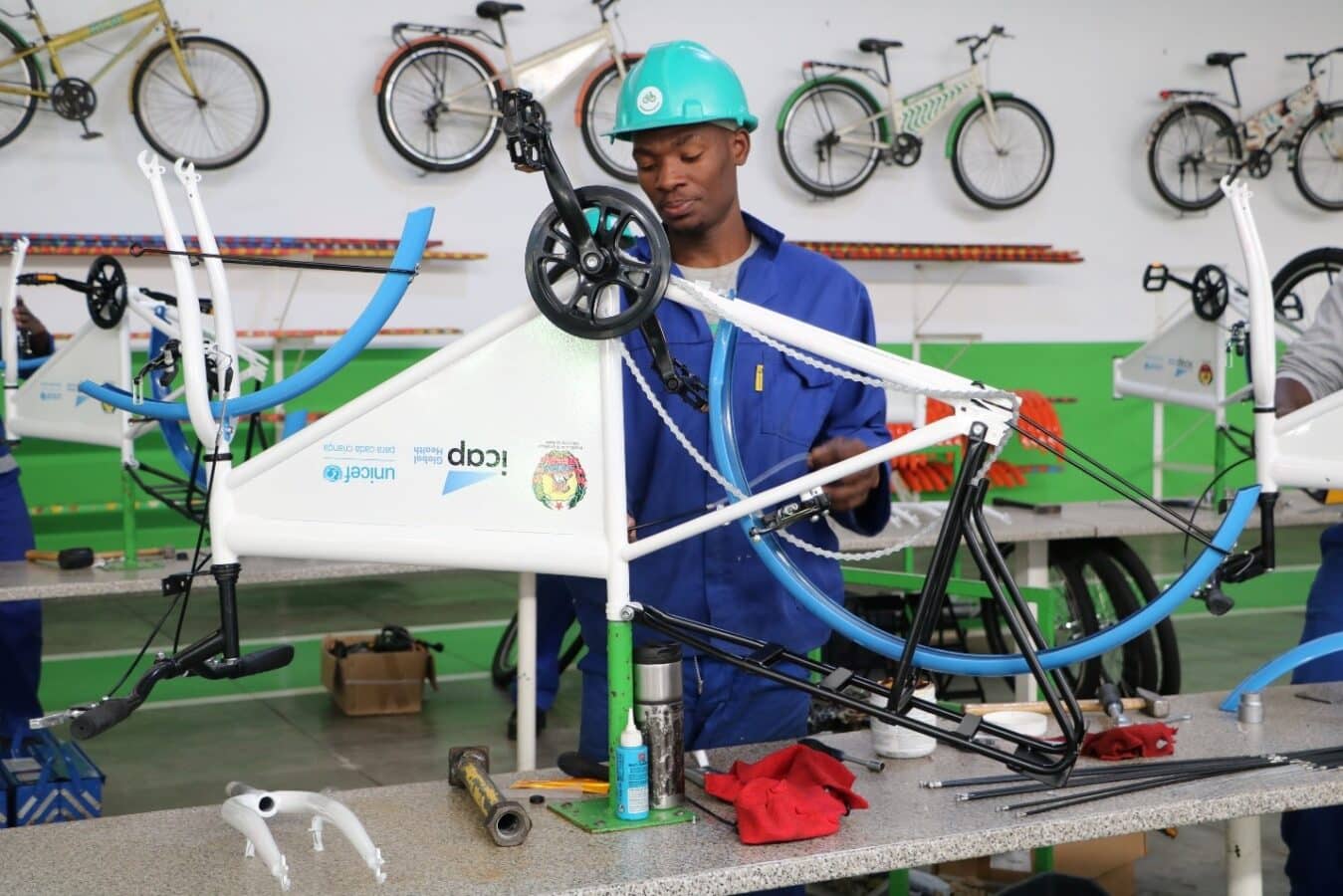This past month, ICAP welcomed a group of public health experts from Kenya to participate in a week-long intensive mentorship on medication-assisted treatment (MAT) programs for people who inject drugs (PWID). The learning exchange precedes the launch of the first MAT program at Jaramongi Oginga Odinga Teaching and Referral Hospital (JOORTH), an ICAP-supported hospital in Kisumu, Kenya.
In Kisumu, an estimated 1,000 people inject drugs. While it is a small segment of the population, this community is disproportionately affected by HIV, with rates of infection more than three times Kenya’s general population. Funded by PEPFAR through the CDC, the MAT program, which will combine behavioral therapy and medication to treat substance use disorders, is part of the Ministry of Health (MOH) and ICAP’s broader efforts to support comprehensive HIV prevention, care, and treatment in Eastern Southern and Nyanza provinces in Kenya.
The multidisciplinary team, which included staff from ICAP, the Ministry of Health, JOORTH, and local partner Impact Research and Development Organization, kicked off their visit at the Montefiore Medical Center in the Bronx. Montefiore has one of the oldest methadone programs in the United States and provides comprehensive primary care including HIV, hepatitis C, mental health, and women’s care services. Over the course of three days, the Kenya team toured three facilities, including the nursing unit and the pharmacy. They also received hands-on training from the clinical team and sat in on patient support groups.
“Viewing the psychosocial aspect of the training was the most impactful,” said Dr. Mercy Wacera Karanja, clinical psychiatrist advisor at ICAP in Kenya. She previously worked at a methadone treatment program in Nairobi and noted that services were often so private there was little interaction between patients, and no mental health support groups.
Exposure to the open peer groups amongst people who inject drugs in New York City has given her new insight into how to approach care and treatment services in Kisumu for people who inject drugs. “I got a chance to see support groups provide a network for people who typically feel very alone,” she said. “This can have so many positive effects on attracting patients to the program and keeping them in treatment.”
After the intensive training at Montefiore, the team returned to ICAP and the Mailman School of Public Health for a symposium on the opportunities and challenges of caring for PWID in Africa where they received updates on recent data, learned about a variety of treatment approaches, and shared their experiences working with PWID in-country.
“It’s an essential learning experience for everyone involved,” said Dr. Andrea Howard, director of the Clinical and Training Unit at ICAP. “This type of high-level intense technical assistance is very important when establishing new programs and provides our teams with opportunities to build collaborations, exchange information, and strengthen our approach to the work.”
The team returned to Kisumu where they plan to share lessons learned with stakeholders, hold additional trainings for health care workers, and revise the national program indicators.
“Establishing the methadone treatment program in Kisumu will provide essential services for some of Kenya’s most vulnerable individuals,” said Doris Odera, strategies and partnership director for ICAP in Kenya. “We are leaving New York City with a stronger understanding of the importance of this work.”








